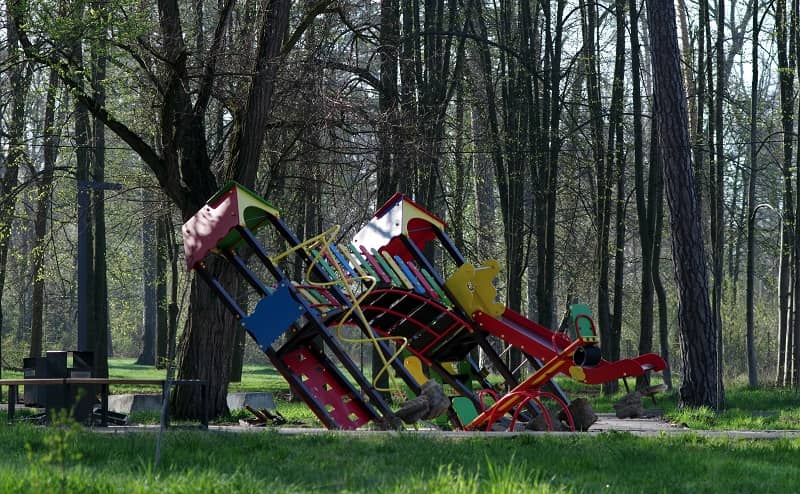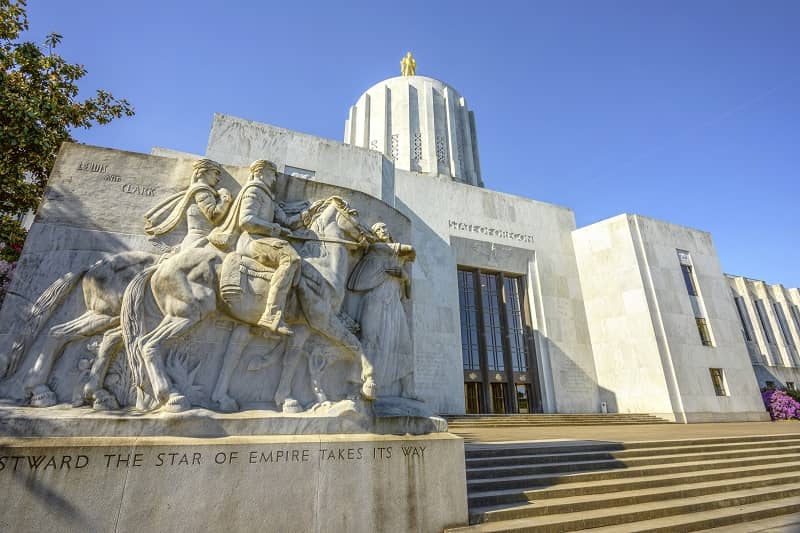By Eric Fruits, Ph.D.
Last week, an Oregonian story reported that for years, the city’s parks bureau claimed it did not have the money for capital improvements, maintenance, or security in one of its rundown parks. The article noted that the streetlights in the area stopped working and were never fixed, leading to crime in and around a food cart pod in the park.
A few days later, a local TV station reported that a light pole fell down in a Portland park, injuring a boy and his caretaker, sending both of them to the hospital.
These stories highlight a major failure of local government: Portland City Hall cannot deliver even the most basic of basic services. If city leaders can’t be bothered to keep the lights on—and keep the light poles upright—how can we expect them to carry out all the big, bold projects they roll out in their breathless press releases?
For years, the city has had a 10-cents-a-gallon gas tax to pay for road safety, including streetlights. Two years ago, Portland voters approved a property tax increase for the parks department that brings in $48 million a year. But, somehow the city doesn’t seem to have enough of this money to keep up with the basics.
I get it. Streetlights are boring. No one shows up to a light pole ribbon cutting. But when they fail, safety suffers and people get hurt. Good government is about services delivered, and City Hall is failing its citizens.
Eric Fruits, Ph.D. is Vice President of Research at Cascade Policy Institute, Oregon’s free-market public policy research organization.












